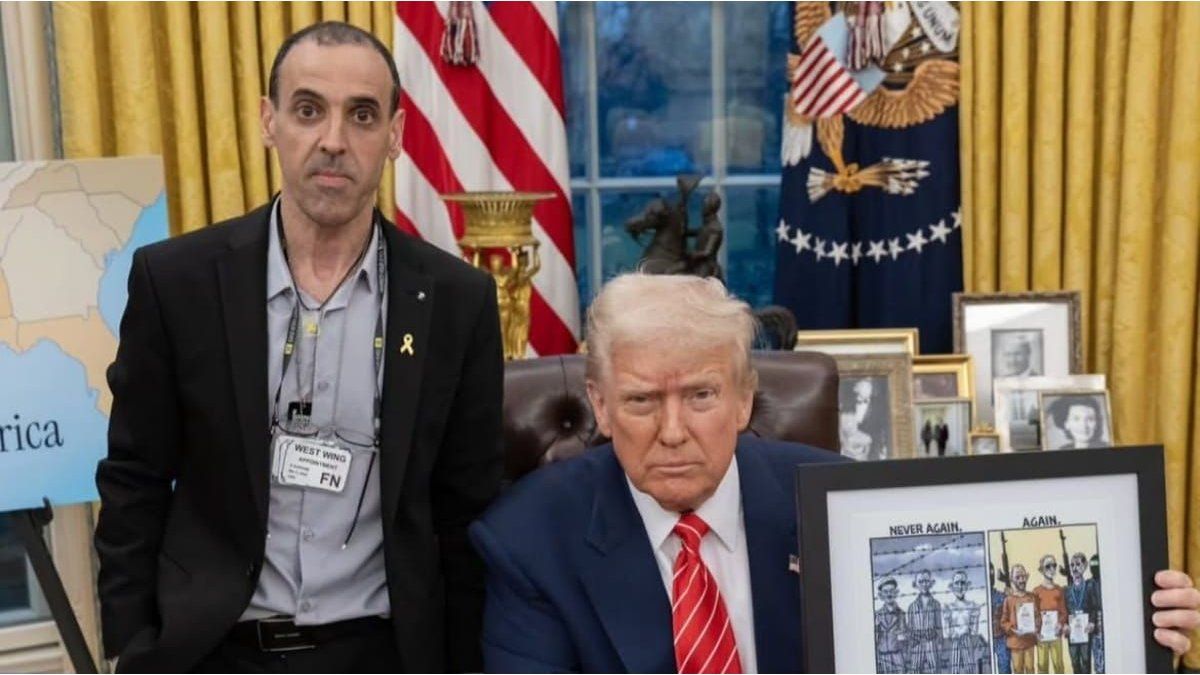Less than three weeks after the Taliban came to power in Afghanistan, the radical Islamist government is taking shape. The head of the Taliban Politburo, Mullah Abdul Ghani Baradar, will head the government, it was reported from Kabul yesterday. The son of the late Taliban founder Mullah Omar, Mohammad Jakub, will hold a high-ranking position in the cabinet, said three people familiar with the events.
The announcement of a government is now expected for today at the earliest. It will include 25 ministries, it is said. She will also be supported by an advisory board consisting of twelve Muslim scholars. In addition, the Loja Jirga assembly should meet within six to eight weeks, in which representatives of the regions and civil society should discuss a constitution.
Meanwhile, a representative of the Qatar Foreign Ministry arrived in Kabul. The aim of the visit is the rapid reopening of civil aviation at the airport. Faced with an impending economic collapse, the Taliban need international donors to give the leadership its legitimacy. The US and the EU have made formal recognition of the government dependent on the Islamists following up their announcements to protect human rights with action. With the formation of a government, there is growing pressure on the West to decide whether to recognize a Taliban government.
China: accommodating
China was the first great power to show the new rulers in Afghanistan that they would be accommodating. Beijing will continue to operate its embassy in Kabul, said Taliban spokesman Suhail Shahin after Abdul Salam Hanafi, a member of the Taliban’s political office in Doha (Qatar), apparently telephoned Deputy Foreign Minister Wu Jianghao.
In addition to building “open and integrative political structures” and a “moderate and stable domestic and foreign policy”, China hopes for a “clear break by the Taliban with all terrorist groups,” said China’s Foreign Office spokesman Wang Wenbin.




